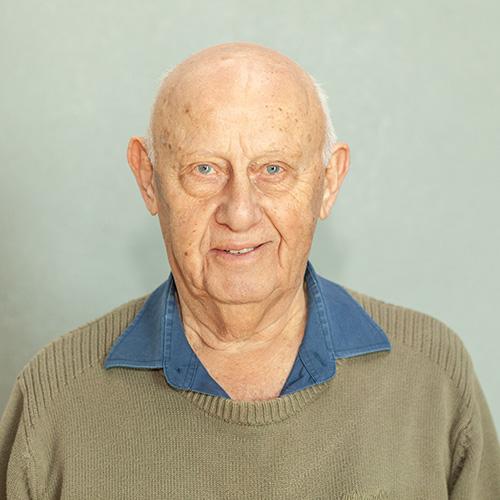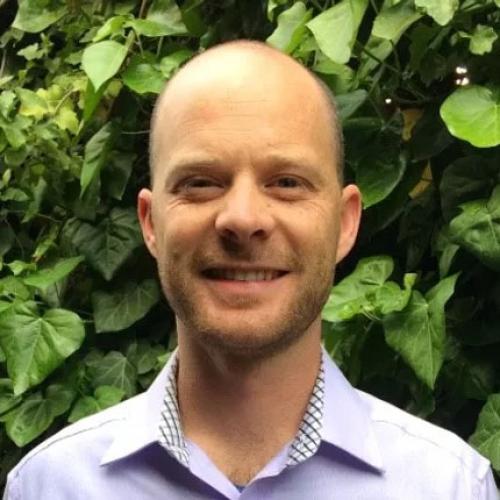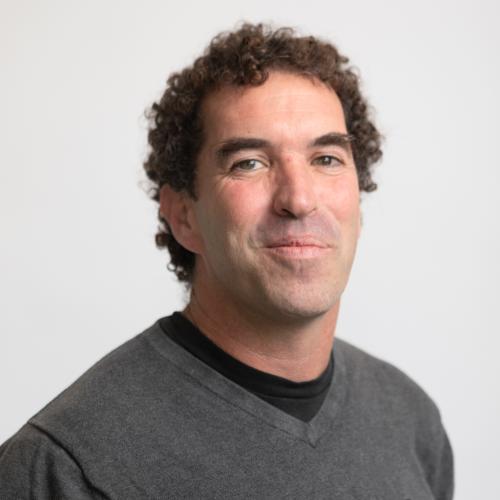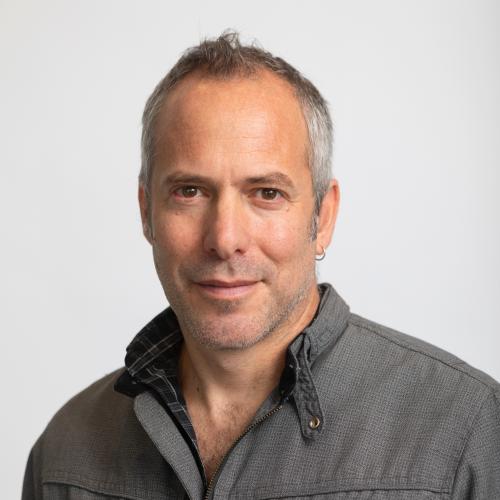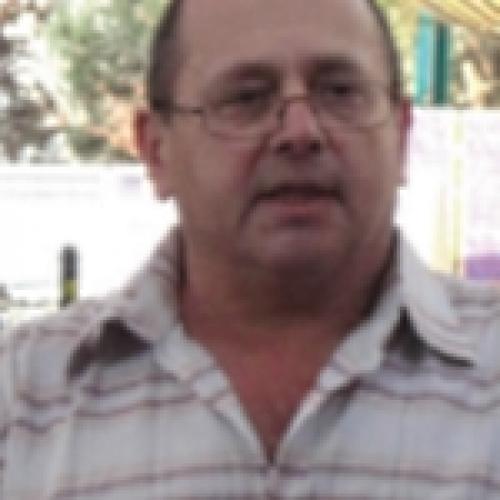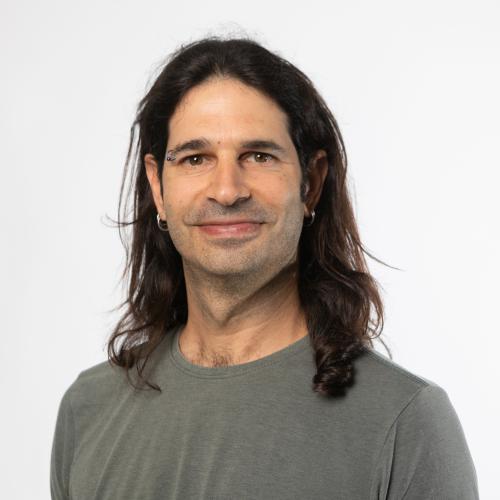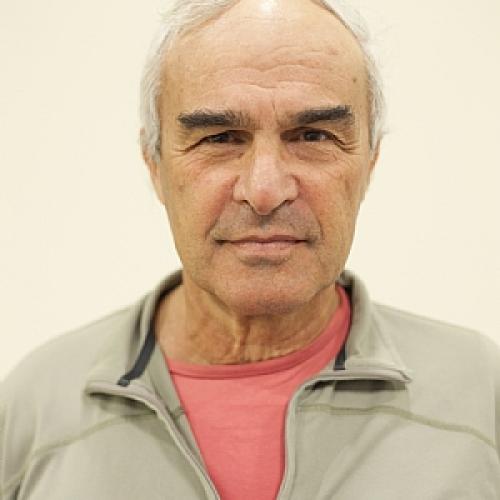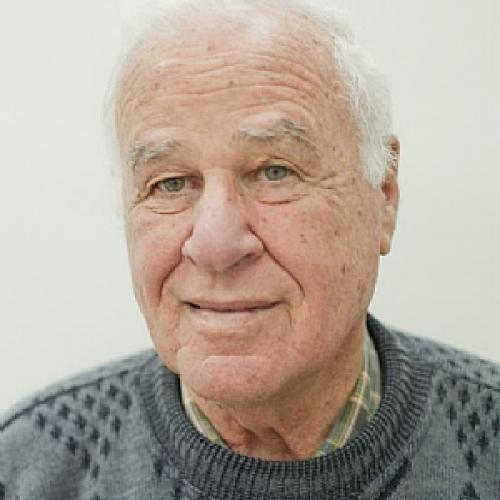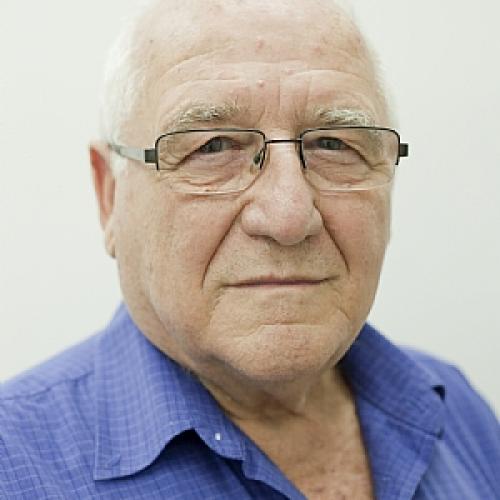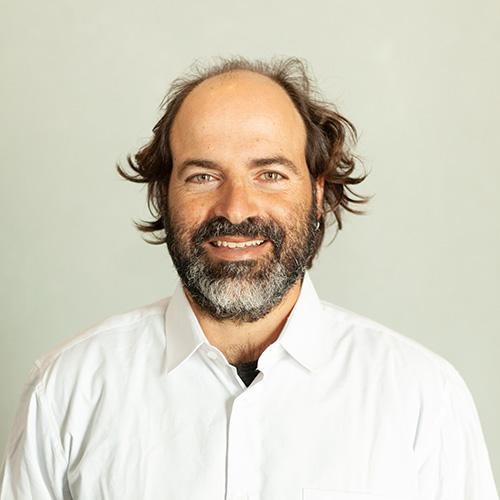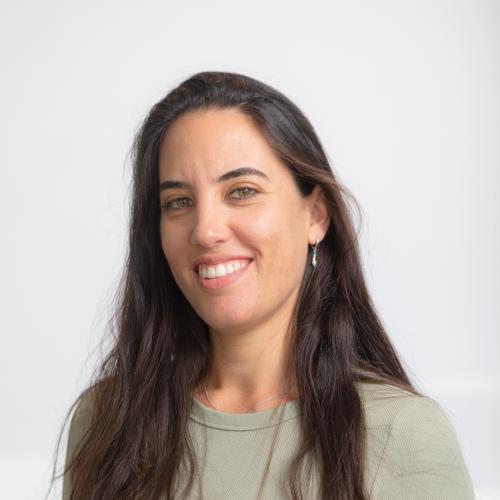To contribute to the economic development to the Galilee region, as well as to the agricultural sector in Israel and the world at large by increasing agricultural output while driving industrial-agriculture developments (including providing services to farmers).
We are engaged in the application of differential inputs in space, time and dosage according to the organism (plant or pest), in order to reach its maximum economic value with minimal damage to the surrounding ecosystem.
As part of MIGAL, an applied research institution involved at a high level in the agriculture and FoodTech industry, our department offers high integration capabilities and provides valuable service to farmers.
Prof. Uri Marchaim
The Anaerobic Fermentation group is dealing with breaking down organic wastes to produce Methane (CH4) and useful residual materials. The laboratory is dealing with the increasing concern over environmental degradation and the danger of non-sustainable development as well as the need for alternative (“green”) energy from renewable resources, which has enhanced the role of environmental management of ecosystems. The use of Biogas technology of solid and liquid manure from the cow barn was demonstrated as a means of reducing environmental hazards, as well as other organic wastes such as poultry manure, instant coffee waste, cotton stalks, olive oil mills’ and wineries’ wastewater, etc.
Today, anaerobic digestion is widely accepted as a sound technology for many waste treatment applications, and novel reactor designs are being applied on a commercial scale. In spite of this acceptance, advances are still being made, and developments in this department are concentrating on the uses of the digested slurry. New and already developed approaches and processes for upgrading the quality and use of the effluent from anaerobic digestion are the reason for more economical uses of bioenergy processes.
Biogas production combines the short-term economic needs of our communities with conservation and the end of ecological degradation.
Prof. Marchaim initiated and became Director (1977) of the National Project “NEFAH - Utilization of Agricultural Wastes” and was responsible for building 3 full scale Biogas plants in Israel and plants in Italy and Yugoslavia, as well as being a consultant to the World Bank. We are involved now in implementing innovation in several industries in the Galilee dealing with Water-Technology as part of EU projects.
Some of the challenges facing the field of precision agriculture include: accurate data collection and synchronization; processing data collected from different sensors in the field; as well as using complex data collection platforms. These are essential for farmers, who need the tools to produce accurate maps of the ecosystem, which are central to guiding the decision-making process in their daily work.
We have identified three key steps in revealing stress-affected crops: promoting accurate data for irrigation; revealing disease and pest attacks before they are visible to the eye; and collecting accurate information on soil conditions. The combination of these elements, which is proposed as a product that can be marketed in Israel and abroad, constitutes an innovative approach and aims to provide real-time answers.
Some of the challenges facing the field of precision agriculture include: accurate data collection and synchronization; processing data collected from different sensors in the field; as well as using complex data collection platforms. These are essential for farmers, who need the tools to produce accurate maps of the ecosystem, which are central to guiding the decision-making process in their daily work.
We have identified three key steps in revealing stress-affected crops: promoting accurate data for irrigation; revealing disease and pest attacks before they are visible to the eye; and collecting accurate information on soil conditions. The combination of these elements, which is proposed as a product that can be marketed in Israel and abroad, constitutes an innovative approach and aims to provide real-time answers.
Department Research Groups
Agricultural Economics & Sustainability
Principal Researcher
Dr. Adam Abramson
Behavioral Ecology
Principal Researcher
Yoni Vortman
Carnivore ecology in dynamic landscapes
Principal Researcher
Adi Barocas
Research Interests:
- Giant otter
Emerging threats to giant otter populations in the Peruvian Amazon
- Trophic webs in Amazon oxbow lakes
I study the ecology and behavior of wild animals, especially mammals.
Environmental Physical Chemistry Laboratory
Principal Researcher
Prof. Giora Rytwo
Research Interests:
The main research interests cover all aspects of colloidal and surface physical chemistry, for example: Adsorption & desorption processes; photodegradation and photostabilization; colloidal and
Almost all processes in the environment are governed by physico-chemistry influences. Thus- deep understanding of such influences is essential in order to overcome severe environmental hazards.
Flow and Transport in Porous Media
Principal Researcher
Dr. Oshri Borgman
I am an environmental hydrology and soil science researcher, mainly interested in fundamental processes and mechanisms controlling water flow and solute transport and mixing in environmental porous
Hydrogeology and Examination of Soil Fertility
Principal Researcher
Prof. Michael (Iggy) Litaor
The main research activities in the hydro-geochemistry lab are: (1) The design, testing and implementation of constructed wetland for the treatment of organic-rich effluents such as wineries &
Remote Sensing & Plant Ecology
Principal Researcher
Dr. Moshe Meron
My research is involved in plant-soil-water relations research for efficient use of water and optimization of returns. Our research provides direct support to farming operations in the Galilee.
Remote Sensing in Agriculture
Principal Researcher
Dr. Assaf Chen
Research Interests:
- Precision irrigation – Identifying variability in plants’ water needs and optimizing irrigation water use in field crops and orchards using remote sensing
Remote sensing is defined as any information that can be collected on an object without physically touching it.

